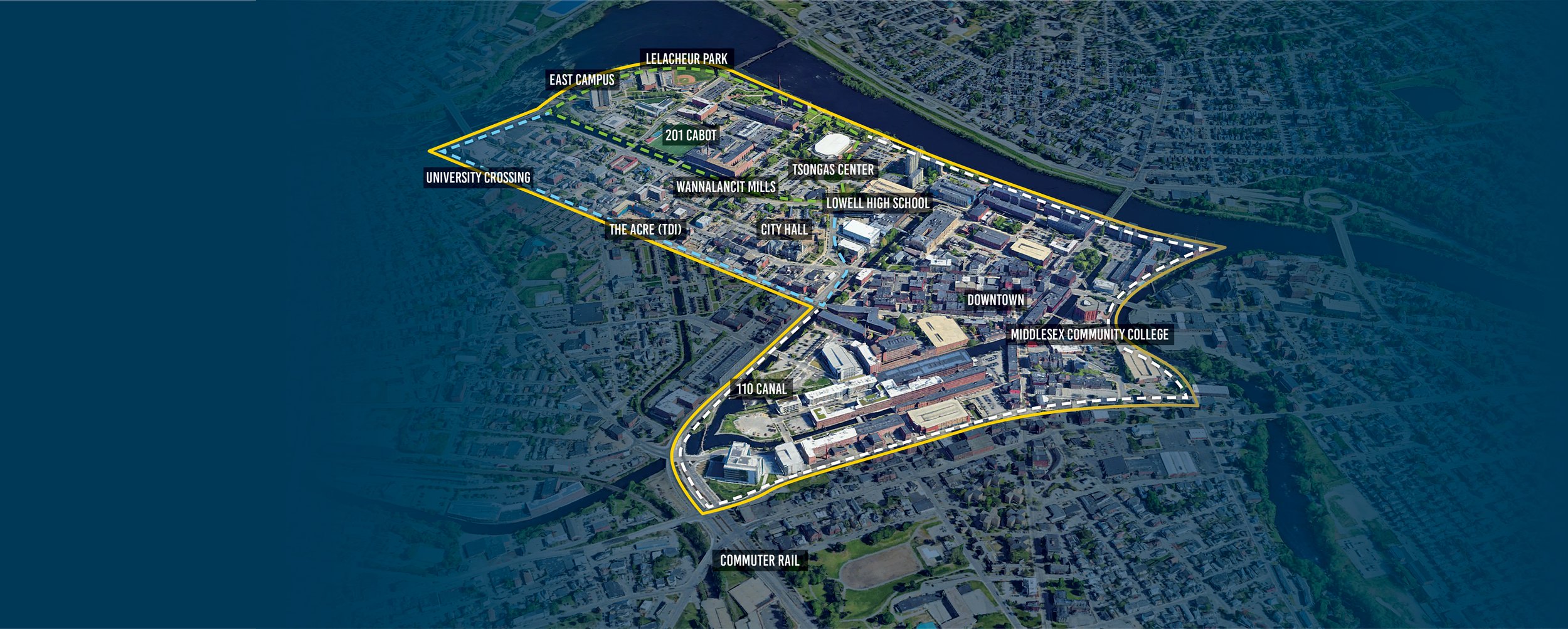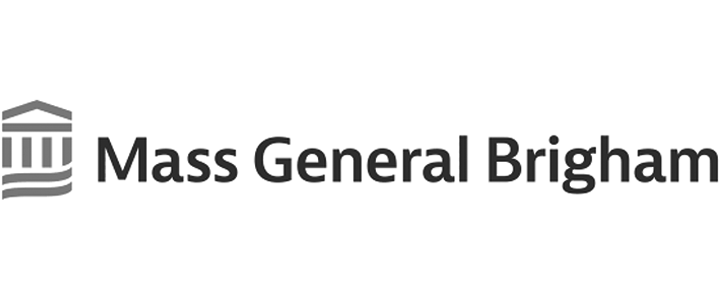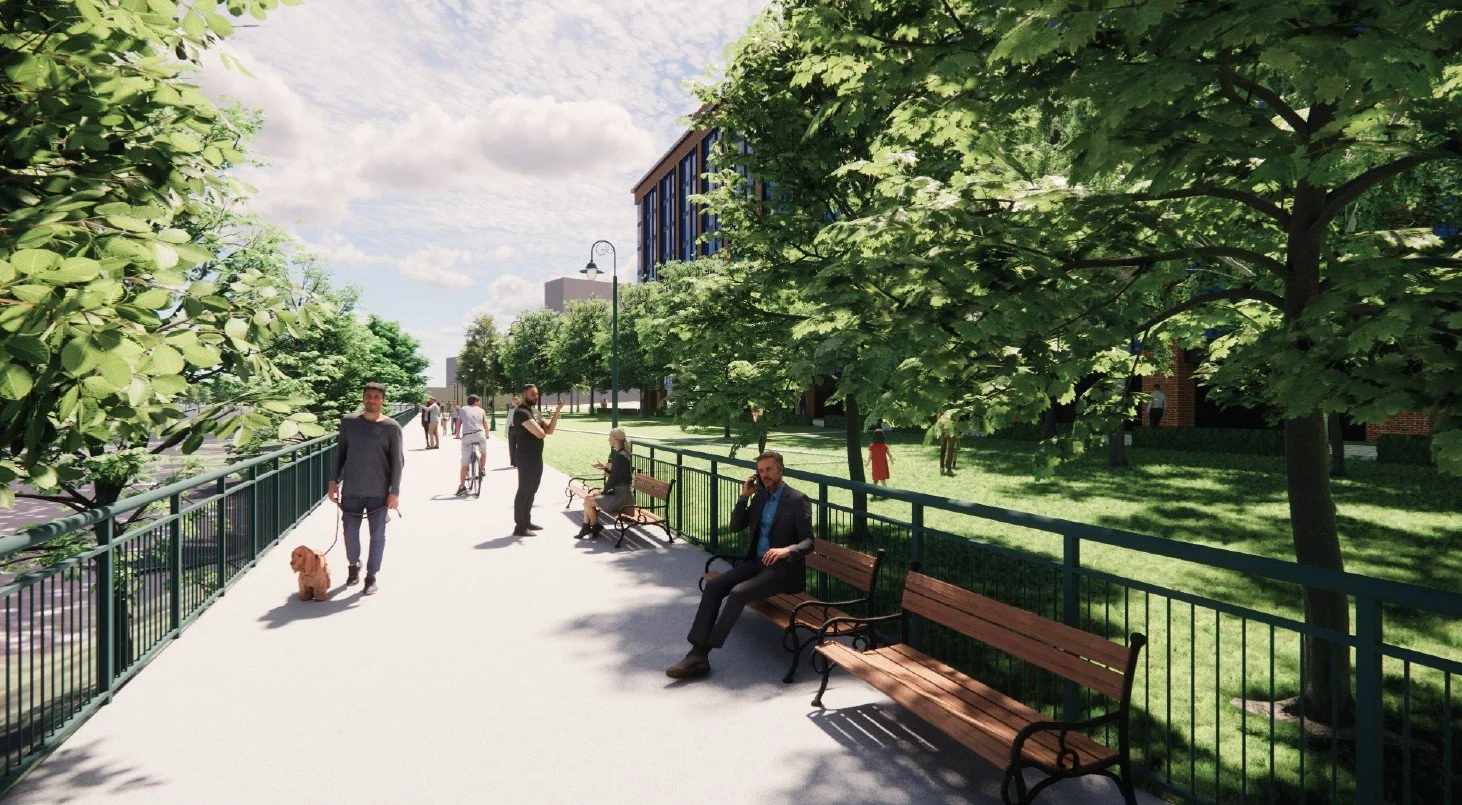
For 20 years, UMass Lowell has steadily increased its research collaborations with industry, government agencies and nonprofit organizations. With a research enterprise now exceeding $120 million annually, the university is working with the city of Lowell to dramatically scale up these partnerships.
Enter the Lowell Innovation Network Corridor, a mixed-use development fostering a vibrant innovation ecosystem that’s reshaping the city’s economic future.

-
LINC includes plans for more attractive, reasonably priced places to live. Nearly 500 new housing units (with market rental rates as much as 50% lower than those in Boston) will be developed in the later stages of the development. This housing, as well as the entire LINC development, is being guided by community-focused strategies that are engaging local stakeholders in the planning process.
-
Another priority of LINC: “Smart development” incorporating green space, sustainable and inclusive design, and art at a scale that co-exists gracefully with the city’s historic past. This focus will extend to partnerships with industry. UMass Lowell’s Rist Institute for Sustainability & Energy has relocated to the LINC campus, allowing for seamless support of partner companies and their green goals.
-
As part of LINC, major improvements are planned for the area’s roads, intersections, bridges, electric grid and wireless communication technology. Access will be improved between LINC, the Transformative Development Initiative district and the downtown, and the city will generally be more accessible for both residents and businesses.
-
The project itself will require 1,300 construction jobs, with an additional 2,000 permanent jobs created over the next decade, from entry level to C-suite. With multiple employers located on UMass Lowell’s campus, LINC also expands opportunities for students to gain career-connected experiences.
-
According to analysis by the Donahue Institute, LINC will generate $3.7 billion in new economic activity over the next decade and $4 million to $6 million in new annual tax revenue for the City of Lowell.
-
Between the university and the city, the area is already packed with options for fans of the arts, sports, culture, history and diverse dining spots. LINC will bring even more. Developers are dedicating space in LINC for new retail and restaurants, and an effort is underway to find partners to build a second ice rink and utilize LeLacheur Park for more activities.
will:
Innovators are Making the Move to























